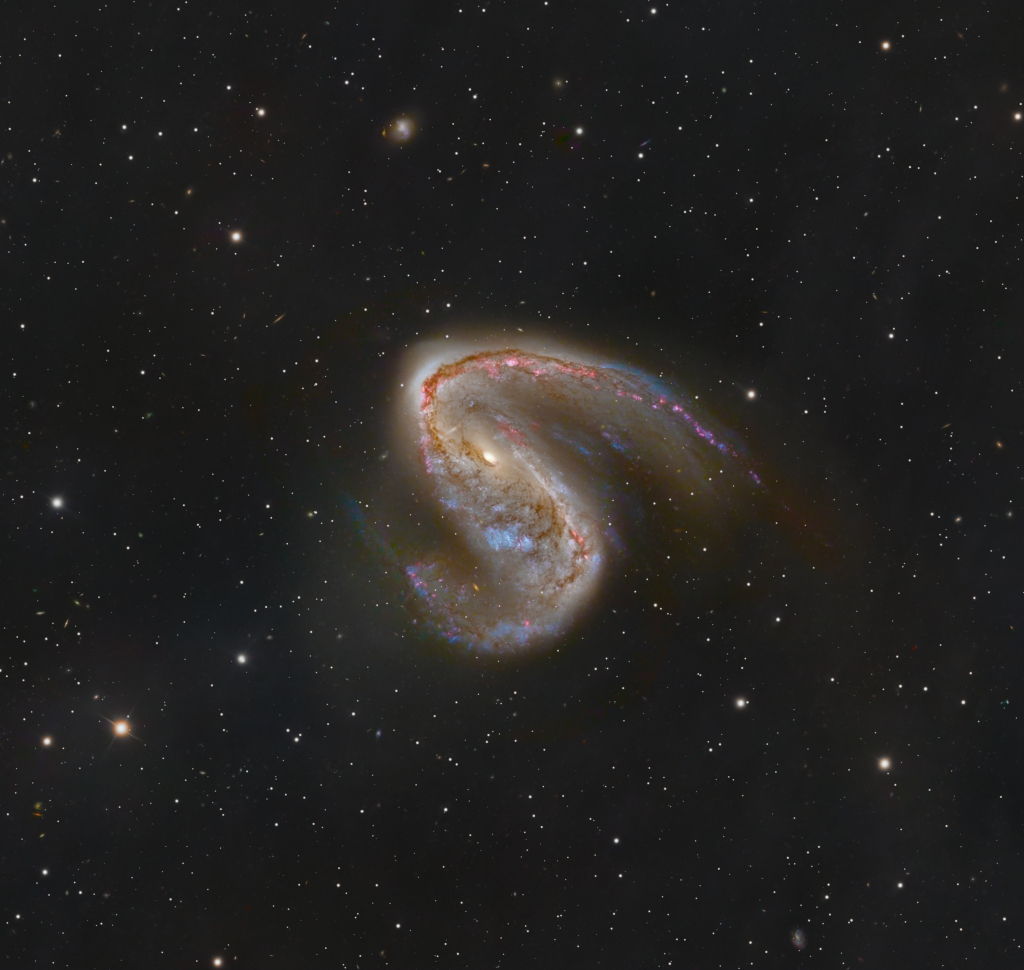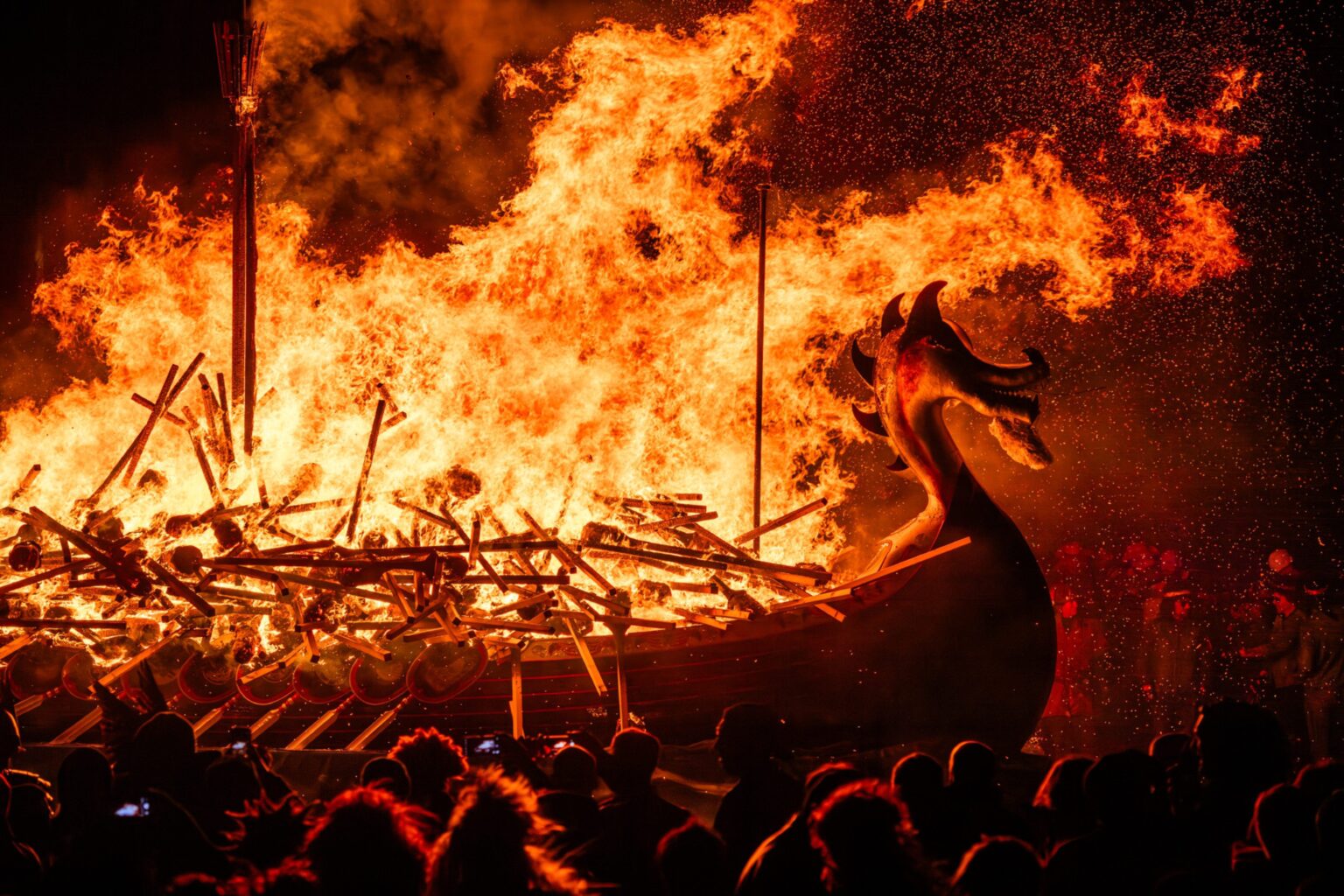They ran 25 miles to flee a massacre as their friends were executed around them
As many as 2,000 people are alleged to have been killed after the city of El Fasher in Sudan was overrun by RSF fighters

When Ali Ibrahim fled El Fasher as the city was overrun and stalked by ethnic massacres, he set out with 140 others.
Nine hours later, when they limped into safety, only 82 of them remained.
His missing companions were dead, lost, captured, or left behind wounded after Sudanese paramilitary rebels from the victorious Rapid Support Forces (RSF) had turned their escape route into a murderous shooting gallery.
Mr Ibrahim has since spent five days waiting for stragglers from his group to arrive, but they never come.
Some of those on that desperate journey were shot from afar during ambushes, and others were executed at checkpoints.
“Five of them were killed right in front of us for no reason,” he told The Telegraph. “The way they dealt with us was by opening fire directly on us.”
There was nothing to be done for those who were wounded along the way, nor for those who could not keep up. Surviving the gauntlet meant not stopping.
“If we were hit, that was it. If we ran, we would reach the Tawila camp,” he recalled, referring to the nearest aid camp to El Fasher.
Mr Ibrahim was one of the lucky ones.
More than a quarter of a million people are estimated to have been in the city when it was overrun by RSF fighters last week.
The war in Sudan erupted more than two years ago when clashes broke out between the Sudanese army and the RSF, its powerful paramilitary rival with alleged foreign backing.
What began as a power struggle between two generals has since spiralled into “the world’s largest humanitarian crisis”, according to the United Nations. It has uprooted around 12 million people, killed more than 150,000, and triggered a famine.
El Fasher fell after an 18-month bombardment and blockade that had seen the besieged enclave become the epicentre of Sudan’s catastrophic civil war.
As many as 2,000 people are alleged to have been killed in the hours immediately after the city was taken, with satellite pictures showing clusters of bodies and pools of blood.
Tens of thousands are thought to have fled in the aftermath, but only a small proportion have made it 25 miles westward to Tawila.
The small numbers of those who have made it out have raised fears that many more are still trapped, and that the killing is continuing.
Jan Egeland, secretary general of the Norwegian Refugee Council, said: “Only just over 5,000 people have reportedly reached Tawila.
“We fear that many civilians have been detained, disappeared, or killed as they fled to safety.”
Survivors alleged that many had been taken prisoner for ransom, as RSF fighters used the captives’ own phones to call relatives and demand impossibly high payments.
Namariq Ibrahim, a psychiatrist at a hospital in El Fasher, said she knew of doctors who had been seized for money.
Medics are considered wealthy and the RSF demands more than $25,000 for their freedom.
The bounty for ordinary captives varies from $3,000 to $7,000.
She said: “The RSF are using their mobile phones to contact families and friends to demand money.”
Ismail Ahmed, another doctor, fled with dozens of others as the city fell on Oct 26.
His party was detained on the way by RSF fighters in Qarni, who stole possessions and demanded money.
While Dr Ahmed was eventually released, several colleagues are still being held for ransom, he said.
“After our release, we faced a long ordeal of searching, beatings, and looting to reach Tawila.”
As a trickle of survivors did make it to the aid camp, they gave new details of the final hours of the city and said they had passed along a route lined with bodies.
In the final months of the fight for the city, RSF forces built a sand berm around El Fasher to strengthen the siege.
The earthwork has since become a “kill box”, according to the Yale School of Public Health’s Humanitarian Research Lab, which has monitored recent satellite pictures of the city.
The lab found “systematic killings” had taken place around the earthen wall.
Nathaniel Raymond, the lab’s executive director, said: “The entire city is surrounded by a berm. It is a kill box, to trap them, to kill them.”
Those fleeing the city said they had had to crouch low, or even crawl, to avoid being shot or spotted.
Fatuma Ahmed Omar, a 40-year-old mother of three, said: “The RSF attacked the people and there were many casualties. We were crawling until we reached the Qarni area.”
Sudan has been convulsed by civil war ever since a rivalry between Gen Abdel Fattah al-Burhan, the de facto president, and his deputy, Gen Mohamed Hamdan Dagalo, known as Hemedti, flared into open fighting.
Both the army and Hemedti’s RSF forces have faced war crimes accusations over the course of the conflict.
The RSF quickly took much of the vast Darfur region, where the conflict has rekindled ethnic bloodshed.
El Fasher has been cut off from aid for months, with residents repeatedly warning that atrocities were likely if the city fell.
RSF fighters, who are largely drawn from Arab militias, including the notorious Janjaweed responsible for genocide and mass atrocities in Darfur 20 years ago, are accused of killing black African groups to take their land.
There have been accusations of other ethnic massacres in RSF-controlled territory, including the killing of up to 15,000 Masalit people in El Geneina in 2023.
“Can anyone here say we did not know this was coming?” said Tom Fletcher, the former British diplomat who is now the United Nations humanitarian chief.
“We cannot hear the screams, but as we sit here today the horror is continuing. Women and girls are being raped, people being mutilated and killed with utter impunity.”
The final onslaught against El Fasher began on Thursday Oct 23.
“The situation is extremely dire,” one senior medical source told The Telegraph just before the RSF broke through at the weekend.
“The RSF militia has been bombarding civilian areas with brutal intensity these days.
“There are dozens of deaths and injuries. The only functioning civil hospital is being targeted almost daily.”
The turning point came when the army defending the city lost its last stronghold, the 6th Division headquarters.
Troops withdrew and local militia allied with them were overwhelmed.
Video clips, many of them filmed and shared by RSF fighters themselves, have since given an indication of what followed.
Footage has shown residents being harried, insulted and shot as they tried to get away.
Several of the worst atrocities are alleged to have happened at hospitals, where fighters are accused of going ward to ward killing everyone they found.
More than 460 patients and relatives are reported to have been killed at the Saudi Maternity Hospital.
Another killing spree is feared to have happened at the former children’s hospital.
Satellite pictures are thought to show piles of bodies.
Hemdeti on Oct 29 acknowledged atrocities had taken place in El Fasher and vowed that “any soldier or officer who committed a crime will be held accountable”.
The RSF said it had detained several fighters accused of “violations that occurred during the liberation”, including one known as Abu Lulu who appeared in TikTok videos committing summary executions.
The atrocities have renewed criticism of the United Arab Emirates, a British ally, which has long been accused of supporting the RSF with arms and mercenaries.
British small-arms targeting systems and engines for military vehicles have been sent to the RSF by the UAE, according to reports by Sudan’s army that were recently handed to the United Nations Security Council.
The UAE strongly denies supporting either side and says it has been calling for a ceasefire.
The fall of El Fasher consolidates RSF control over Darfur and gives the paramilitaries around a third of the country. The army meanwhile controls the north, east and centre, with the remaining fighting now concentrated in the central Kordofan region.
Emi Mahmoud, strategic director of the Darfur IDP humanitarian network, said the world should have been able to prevent the massacres in El Fasher.
She said: “The massacre was absolutely preventable. We warned everywhere that the massacre of El Fasher would come next, and we were ignored.
“The UN writes statements but does not intervene.”
[Source: Daily Telegraph]

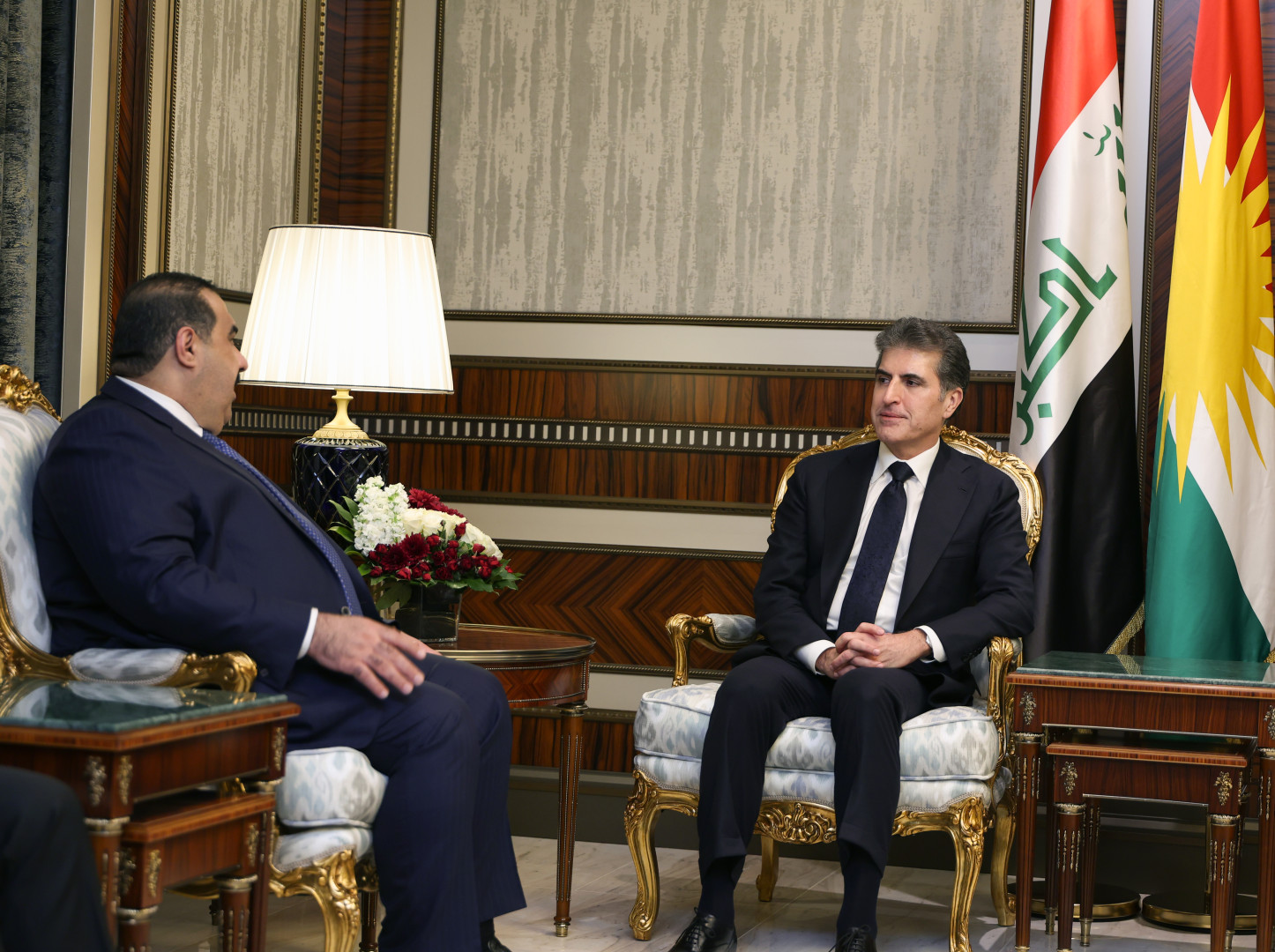

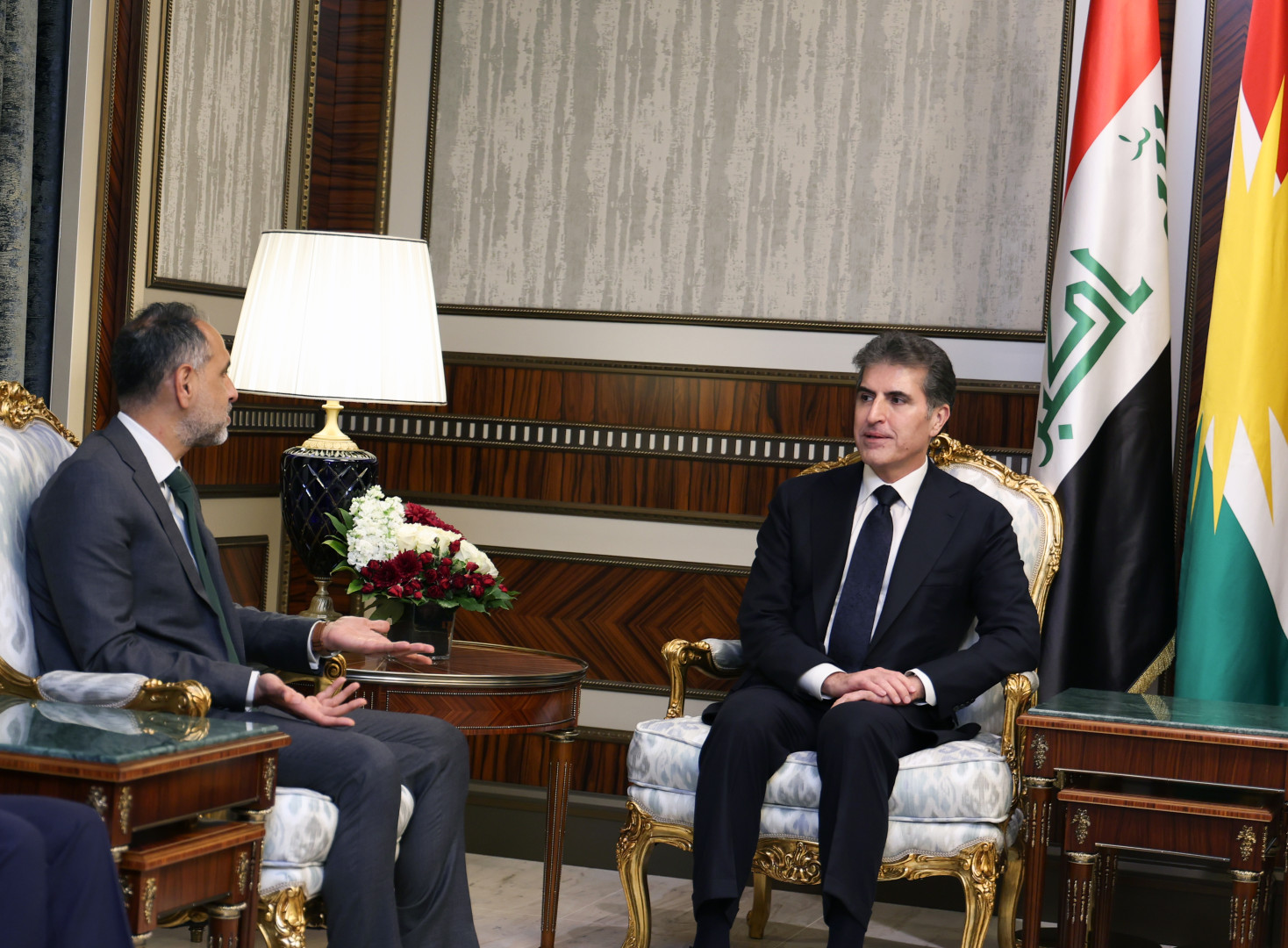



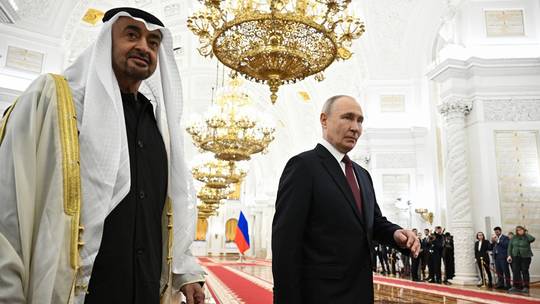
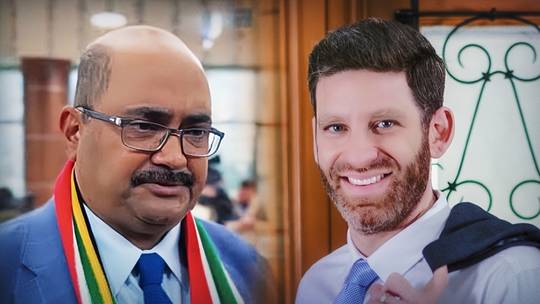









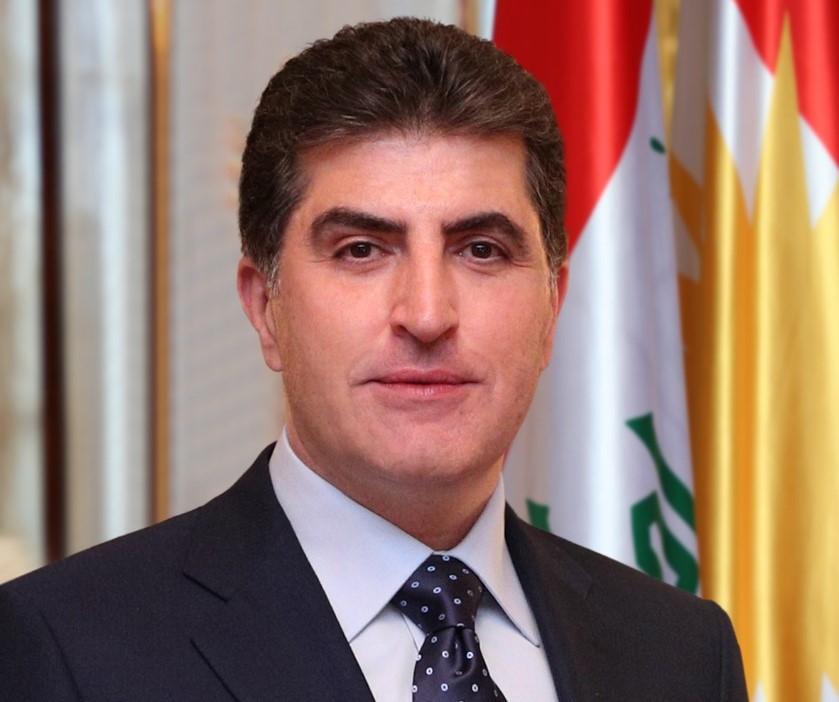




/file/attachments/orphans/IMG_9103_429753.jpeg)









